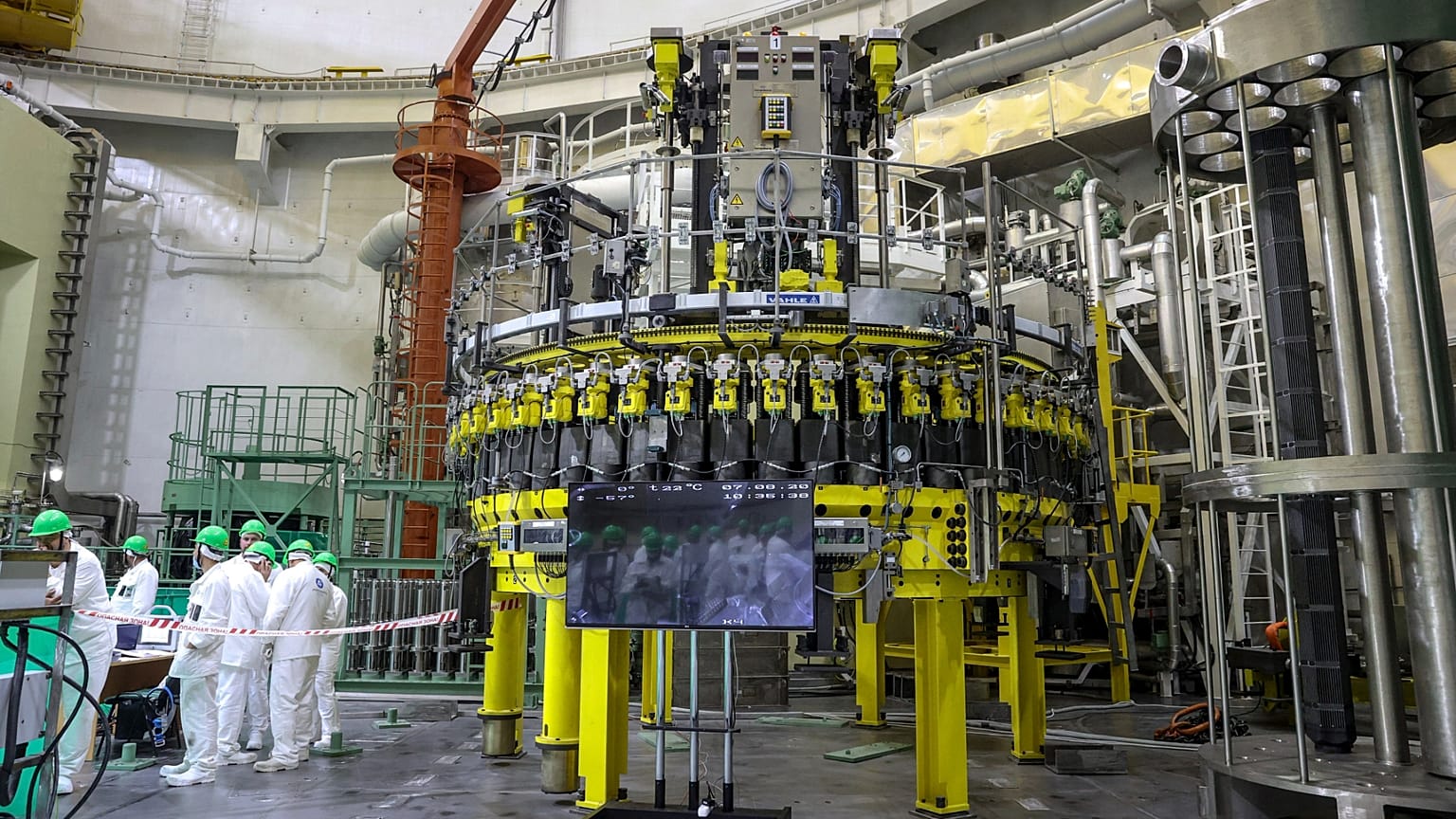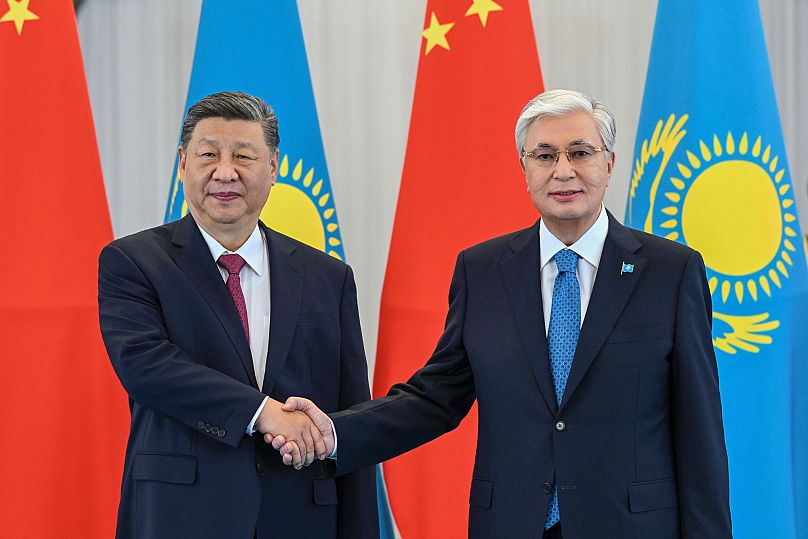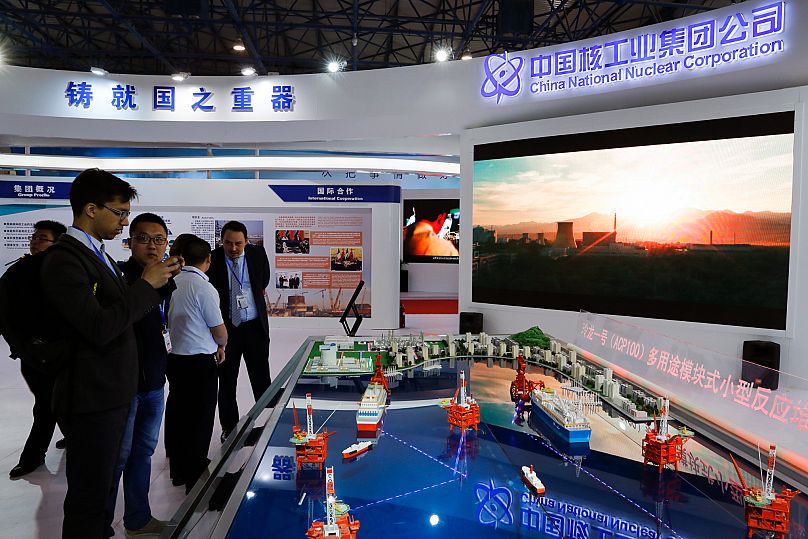Kazakhstan, one of the world’s top uranium producers, currently relies mostly on coal-fired plants for power, alongside hydropower and a growing renewables sector.
Kazakhstan has chosen Russia's state nuclear firm Rosatom and China’s National Nuclear Corporation (CNNC) to lead separate consortiums to build its first nuclear power plants.
This marks the country’s return to nuclear energy, as Kazakhstan has had no nuclear power facilities of its own since 1999 when its Soviet-era reactor was shut down.
In a national referendum last October, nearly 70% of Kazakh voters approved constructing nuclear power facilities, a move strongly backed by President Kassym-Jomart Tokayev.
Kazakhstan, one of the world's top uranium producers, currently relies mostly on coal-fired plants for power, alongside hydropower and a growing renewables sector.
The nuclear project is seen as key to reducing heavy coal dependence and meeting future energy demand in an environmentally sustainable way.
The nuclear project is seen as key to reducing heavy coal dependence and meeting future energy demand in an environmentally sustainable way. It will feature two Russian VVER-1200 Generation 3+ reactors.
Rosatom’s CEO Alexei Likhachev welcomed the decision, saying the plant will use "the most advanced and efficient design in the world."
This flagship project of Kazakhstan's first commercial nuclear power station is expected to significantly improve domestic power supply and create thousands of jobs during construction and operation.
It also restores nuclear generation in Kazakhstan after a 26-year pause since the BN-350 reactor's closure.
Balancing global partners in nuclear projects
Kazakhstan is adopting an "international consortium" approach, inviting multiple foreign partners to participate in its nuclear program in order to balance strategic relationships.
While Rosatom will lead the first plant's consortium, officials say China's CNNC is slated to head a second nuclear plant project under a separate agreement.
"China definitely has all the necessary technologies and a full industrial base, so our next priority is cooperation with China," said Almasadam Satqaliev, chairman of Kazakhstan's atomic agency.
The second plant's details including its site, reactor design and timeline have yet to be clarified, but the inclusion of CNNC underscores Kazakhstan's effort to engage both of its powerful neighbours in its energy ambitions.
Kazakhstan's push for nuclear energy comes amid rising electricity demand and frequent power shortages in parts of the country. The government argues that atomic power will strengthen energy security and help cut carbon emissions, leveraging Kazakhstan's abundant uranium resources for domestic benefit.
"To not remain on the sidelines of global progress, we must use our competitive advantages," President Tokayev said ahead of the nuclear referendum, pointing to the country’s uranium as a logical asset for power generation.
At the same time, the nuclear projects highlight Kazakhstan’s careful geopolitical balancing act.
The decision to involve both Moscow and Beijing aligns with Astana’s broader strategy of maintaining strong ties with its former Soviet patron and its giant eastern neighbour.
By sharing its nuclear program between Rosatom and CNNC, Kazakhstan can reassure both Moscow and Beijing of partnership, while also diversifying its technological and financial support.

















